In an increasingly interconnected world, diversity and inclusion stand out as crucial values across all aspects of society, including the business sphere. As organizations strive to create more equitable and productive workplaces, Diversity, Equity, and Inclusion (DEI) training has become a key tool to drive positive change. In this article, we will delve into what diversity and inclusion training entails, the significance of these practices in the workplace, and present 10 compelling reasons why DEI training is pivotal for the success of society and businesses today.
A matter of social responsibility
Contemporary society is characterized by its cultural, ethnic, gender, and identity diversity. In this context, organizations bear the responsibility to reflect and respect this diversity in their workforce and corporate culture. DEI training is an effective avenue to ensure that all employees are valued and treated equally, irrespective of their differences.
Fostering a culture of respect and acceptance
DEI training goes beyond conflict avoidance or regulatory compliance. It extends to promoting a culture of respect, acceptance, and mutual understanding. By equipping employees to recognize and appreciate differences, the groundwork is laid for a work environment where everyone can contribute and thrive.
10 reasons why DEI training is a pillar of social and business change
1. Enhancing employee well-being
A diverse and inclusive workplace fosters a sense of belonging and psychological safety, resulting in improved overall employee well-being and mental health. When employees feel valued for who they are, their job satisfaction and motivation increase.
2. Broadening perspectives
DEI training helps employees recognize their own biases and unconscious attitudes, which is the first step toward change. It encourages individuals to step outside their comfort zones and embrace different viewpoints, enriching personal growth and fostering open dialogue.
3. Cultivating empathy
DEI training allows employees to step into others’ shoes, promoting empathy and understanding. This heightened empathy not only strengthens relationships within the workplace but also translates into improved customer interactions and community engagement.
4. Improving collaboration
An inclusive environment fosters effective collaboration among diverse teams, driving innovation and problem-solving. Teams that value diverse perspectives are better equipped to tackle complex challenges and devise creative solutions that benefit from a range of viewpoints.
5. Developing communication skills
DEI training enhances intercultural communication skills and conflict resolution abilities. It equips employees with the tools to navigate cross-cultural interactions sensitively, fostering a more harmonious work environment.
6. Fueling innovation
Diversity of thought and perspectives nurtures innovation and creativity in decision-making. When employees from varied backgrounds contribute their unique insights, organizations can approach problem-solving with a broader range of ideas, driving the development of groundbreaking solutions.
7. Proving social commitment
Organizations committed to diversity earn a positive reputation in society. By actively embracing DEI principles, companies demonstrate their commitment to fairness and social progress, which can attract socially conscious customers and partners.
8. Attracting and retaining talent
Employees seek environments where they feel valued and understood, enhancing talent retention. DEI training communicates that an organization respects individuality and is dedicated to fostering a workplace where everyone’s contributions are recognized.
9. Adapting to the global market
Diversified organizations are better equipped to understand and cater to a global clientele. DEI training enables employees to appreciate cultural nuances, ensuring products and services resonate with diverse audiences around the world.
10. Contributing to sustainable social change
DEI training contributes to social change by educating and sensitizing individuals. When employees bring their DEI knowledge beyond the workplace, they become advocates for equity and inclusion, amplifying the impact of the training.
Kiin: Elevating DEI training with Virtual Reality
At Kiin, we are pioneers in creating DEI training through virtual reality and neuroscience. Through the technique of “embodiment,” participants can step into others’ shoes, challenging their preconceptions and enabling a deeper understanding. This transformation of individual perspective, combined with neuroscience, ensures lasting and rooted change.
Conclusion
Diversity and inclusion training transcend corporate boundaries and weave into the social fabric. Through a structured and educational approach, it stands as a beacon of hope in a world striving to unite diverse voices and experiences. From fostering greater understanding to building inclusive work environments and enriching the business landscape, DEI training is a critical step toward a more equitable and harmonious future.
Businesses that prioritize DEI training reap the benefits of a more creative, innovative, and engaged workforce, while contributing to the creation of a fairer and more equitable society.






